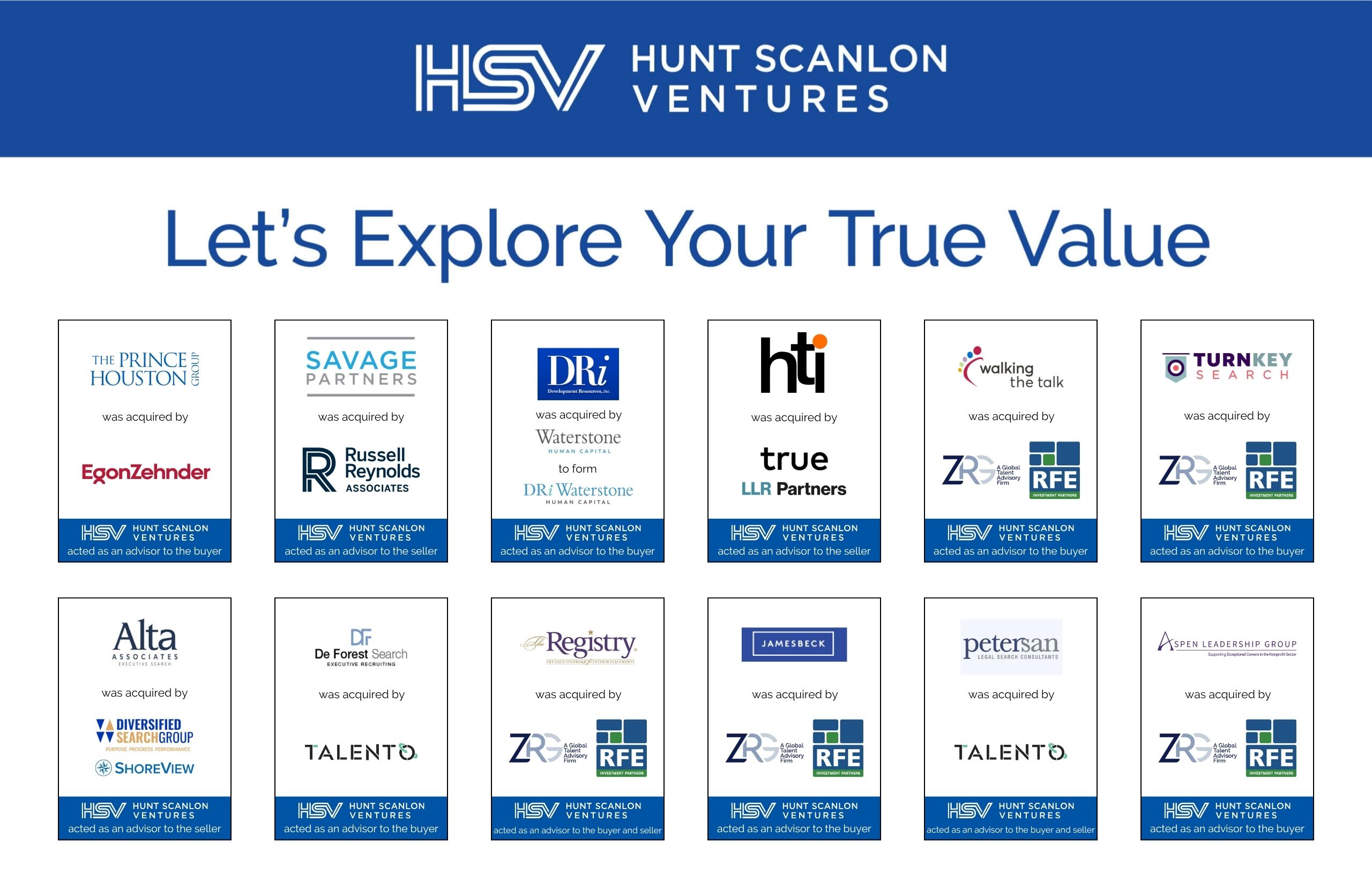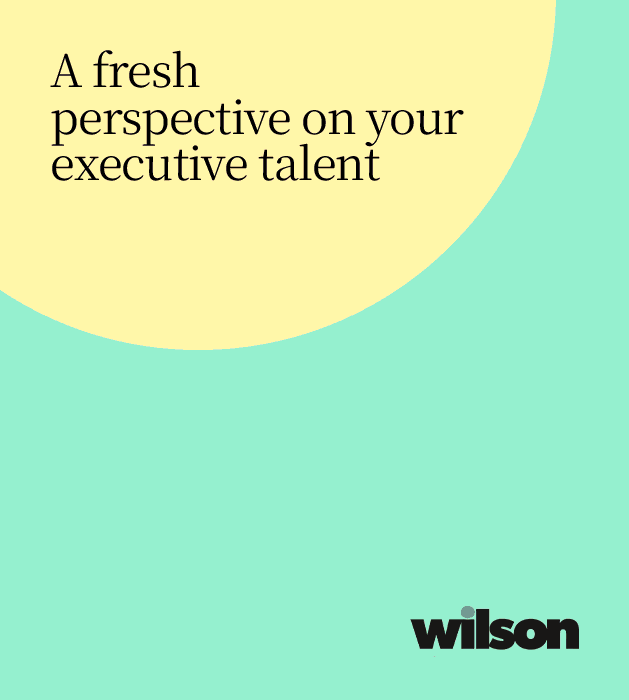According to Accenture, the U.S. is entering one of the most protectionist trade environments in modern history. As global strategies and cost structures are reshaped, the ripple effects are reaching deep into how companies operate. Evan Berta, an associate at Hunt Scanlon Ventures, examines how these shifts will impact hiring, talent mobility, and leadership – and why talent leaders can’t afford to sit this one out.
Accenture’s new report, Ready for Resilience, explores the impact of the latest U.S. tariff surge and what it means for companies trying to stay competitive. It details a rapidly evolving trade environment that demands strategic rethinking at every level of every organization.
This month, the Trump administration unveiled a sweeping tariff package that included a 10% universal tariff on all imported goods, alongside punitive “reciprocal” tariffs as high as 125% on Chinese goods and 50% on imports from 56 other nations. Canada and Mexico, while exempt from these reciprocal tariffs, are instead subject to separate 25% levies for non-USMCA-compliant goods.
These moves have pushed the effective U.S. tariff rate to 29%, the highest level since the early 20th century. Accenture’s analysis suggests that if additional tariffs under consideration are enacted, targeting sectors like semiconductors, pharmaceuticals, copper, and lumber, that figure could climb to 40%.
“Companies could rapidly shift into a risk-aware posture, slowing down executive recruitment and becoming more cautious with compensation packages, particularly in industries directly exposed to global trade.”
“The only certainty is that executives should focus on creating more resilient organizations to navigate this historically volatile environment,” the report states. While the direct impact may hit trade flows and supply chains first, the ripple effects are undeniable, and they’re already creeping into hiring, talent mobility, and leadership strategy.
Economic Pressure Mounts
The near-term risks are real. Accenture warns that the new tariff regime’s economic effect “is likely to be substantial.” Higher consumer prices are already a concern, with an estimated $2,000 annual cost burden per U.S. household attributed to these tariffs.
Globally, Asia is most exposed, particularly China, Vietnam, and India. These countries face steep tariff hikes on exports to the U.S., while the EU and Japan are facing more moderate, but still significant, trade disruptions.
The prospect of retaliatory tariffs further heightens the uncertainty for U.S.-based multinationals.
Talent Implication
According to Evan Berta, an associate at Hunt Scanlon Ventures, this kind of economic instability could reshape how companies think about workforce investment.
“As economic uncertainty rises, so does hesitancy in hiring,” Mr. Berta claims. “Companies could rapidly shift into a risk-aware posture, slowing down executive recruitment and becoming more cautious with compensation packages, particularly in industries directly exposed to global trade.”
The effect is especially pronounced at the top. “Many executive pay packages include equity or stock grants,” Mr. Berta said. “Not many candidates want stock in a company with significant tariff exposure.”
Three Scenarios
Accenture outlines three possible paths forward: “pragmatic de-escalation,” “holding the line,” and “disorderly escalation.”
“Many executive pay packages include equity or stock grants. Not many candidates want stock in a company with significant tariff exposure.”
In the best-case scenario, tariffs ease modestly, but the U.S. still maintains an aggressive baseline of trade protections. In the worst, a full-blown trade war could erupt, sending the effective tariff rate above 40% and triggering a global recession.
Even in the most optimistic outcome, structural price pressures and prolonged inflation risk persist. “This would renew price pressures at a time when recent disinflation momentum has already begun to stall,” Accenture notes.
Talent Implication
The uncertainty embedded in these scenarios means workforce strategies must become more local, agile, and budget-sensitive.
“The longer tariffs remain elevated, the more talent strategies will need to adapt,” said Mr. Berta. “We could see companies rebalancing headcount, pulling back on international relocation, and putting greater emphasis on domestic talent pipelines to avoid exposure.”
That shift will demand new thinking on leadership development and succession planning.
Resilience Becomes the Strategy
The report recommends building resilience across four critical areas: operational, commercial, people, and technology, noting: “Companies should focus on fortifying their resilience to navigate in this environment.”
Operational resilience calls for agile supply chains and smarter capital deployment.
Commercial resilience focuses on dynamic pricing strategies and value creation in volatile markets.
People resilience means supporting a workforce under pressure from inflation, job shifts, and automation. Technology resilience centers on cybersecurity, system adaptability, and real-time intelligence.
“Talent leaders are going to be called on to do more than fill roles; they will need to help rewire how organizations operate.”
Talent Implication
“Talent leaders are going to be called on to do more than fill roles; they will need to help rewire how organizations operate,” said Mr. Berta.
“Resilience is becoming a talent issue,” he said. “We’re being asked to build more adaptive teams that can flex with fast-changing conditions.” This includes upskilling in supply chain fluency, scenario planning, and tech-enabled decision-making.
According to Accenture, “…resilience should be at the top of every executive’s agenda. That’s a welcome bit of certainty in an uncertain world.”
Article By

Evan Berta
Evan Berta is Editor-in-Chief of ExitUp, the investment blog from Hunt Scanlon Ventures designed for professionals across the human capital M&A sector. Evan serves as an Associate for Hunt Scanlon Ventures, specializing in data analysis, market mapping, and target list preparation.






